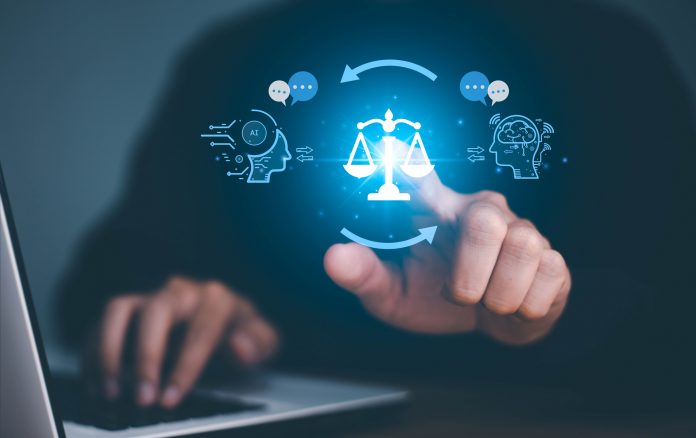Recent research by psychologists at Deusto University reveals that people can inherit artificial intelligence biases, potentially leading to a dangerous loop of systemic errors
Artificial intelligence systems have dazzled with their human-like abilities, making them indispensable in various professional fields. They aim to reduce errors in decision-making, but their hidden danger lies in artificial intelligence biases.
Inheriting artificial intelligence biases
AI models learn from data, often reflecting past human decisions with biases. The prevailing evidence suggests that AI systems inherit and amplify these biases, perpetuating systemic errors.
Vicente and Matute conducted three experiments where volunteers performed a medical diagnosis task. Some used a biased AI system, while others didn’t. Astonishingly, those assisted by AI not only made the same errors but continued to do so even without AI assistance.
Participants who initially relied on the biased AI replicated its errors when performing the diagnosis task unaided. This inherited bias phenomenon did not occur among the control group who completed the study without AI assistance.
Implications for AI and human collaboration
This research emphasises the long-lasting negative impact of AI-induced biases on human decision-making. It underscores the importance of multidisciplinary studies on AI-human interaction and the need for evidence-based regulations to ensure ethical AI that considers psychological aspects.
In conclusion, the groundbreaking research by Vicente and Matute sheds light on a concerning aspect of artificial intelligence – the potential for humans to inherit biases from AI systems.
While AI promises to enhance decision-making, its reliance on biased data can inadvertently perpetuate and transfer systemic errors to individuals.
As demonstrated in their experiments, the inherited bias effect calls for increased scrutiny and regulation of AI systems to ensure fairness and ethical use. It also underscores the critical need for multidisciplinary research to understand the complex interplay between AI and human decision-making.
Addressing artificial intelligence biases becomes paramount for creating a more equitable and reliable future as we navigate an increasingly AI-driven world.











